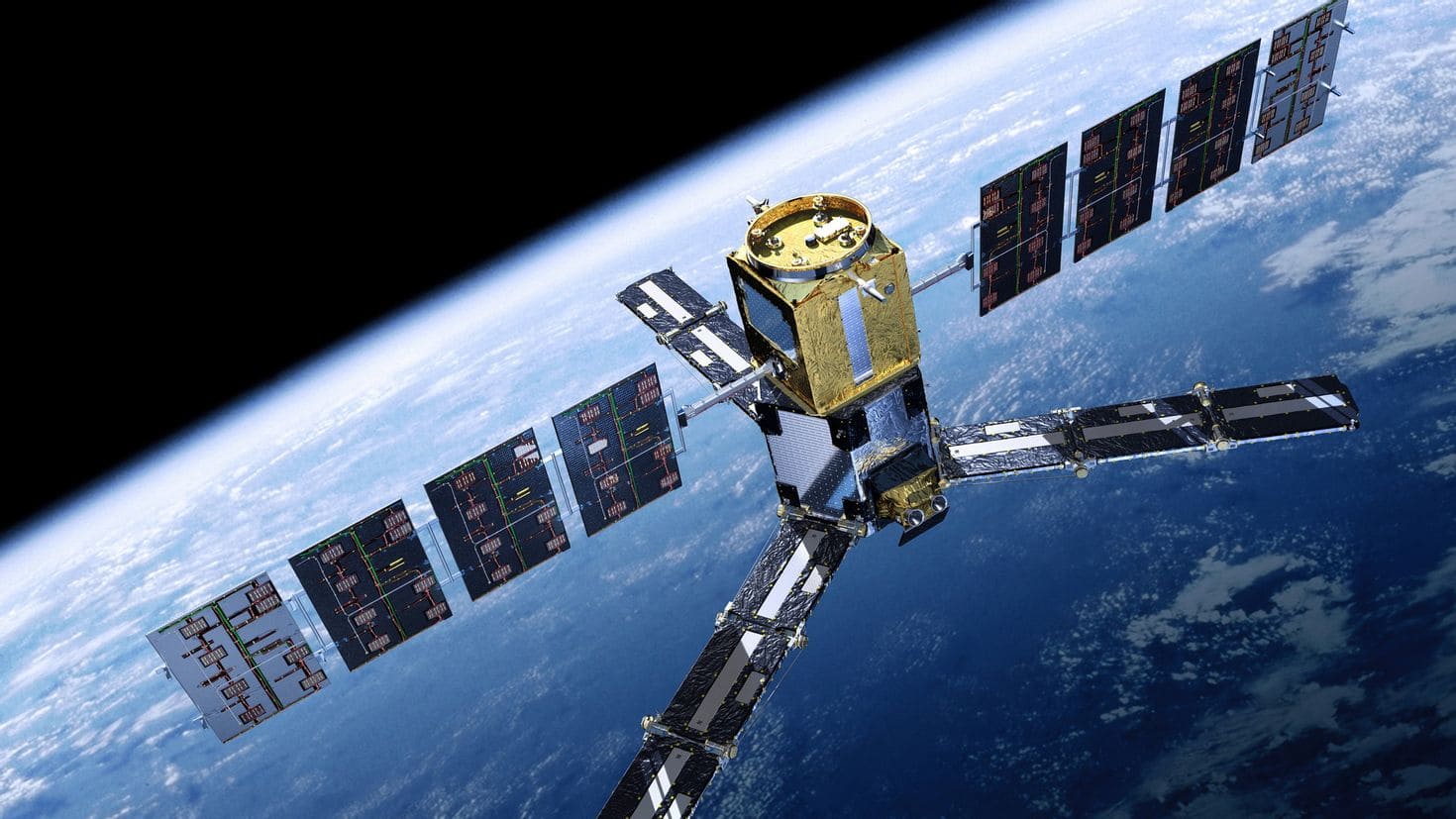Sierra Leone has officially become the fifth African nation to grant a license to Starlink, the satellite internet service by SpaceX. Starlink in Sierra Leone marks a significant advancement towards universal internet connectivity and the transformation of education in the country.
Key Developments:
- Starlink’s operations are now live in Sierra Leone, a year after approval.
- Sierra Leone is the 100th country globally to connect with Starlink.
In June 2023, Sierra Leone joined the ranks of African countries that have authorized Starlink’s operations. David Moinina Sengeh, the Minister of Basic and Senior Secondary Education and Chief Innovation Officer of Sierra Leone, took to his X page to announce this significant development. He highlighted that Starlink in Sierra Leone is crucial for achieving nationwide connectivity and enhancing the educational landscape.
In a strategic meeting in May 2024, Chief Minister and former Education Minister Sengeh met with senior Starlink and SpaceX officials in Texas. The meeting, which also included another minister and the director general of Sierra Leone’s National Communications Authority (NaTCA) who joined remotely, set the stage for the launch of the satellite internet service. A month later, Starlink in Sierra Leone went live.
Elon Musk shared the news on X, celebrating that Starlink is now operational in 100 countries, providing internet access to over three million users globally.
Transforming education with Starlink in Sierra Leone
Starlink’s entry into Sierra Leone is set to revolutionize the education sector. Reliable internet access is a critical component for modern education, offering students and teachers access to a wealth of online resources and learning tools. This connectivity will bridge the digital divide, especially in rural areas where traditional internet services are often unavailable or unreliable.
Boosting economic growth and innovation
The introduction of Starlink’s satellite internet service is expected to boost Sierra Leone’s economy by fostering innovation and entrepreneurship. With high-speed internet, businesses can expand their operations, reach new markets, and improve efficiency. This enhanced connectivity will also attract foreign investment and support the growth of local tech startups.
Improving healthcare services
Healthcare in Sierra Leone will also benefit from Starlink’s presence. Telemedicine services can flourish with reliable internet, allowing for remote consultations, access to global medical resources, and improved patient outcomes. This is particularly vital in remote and underserved regions where medical facilities are limited.
Supporting disaster response and management
In addition to its educational and economic benefits, Starlink in Sierra Leone will enhance disaster response capabilities. Satellite internet can provide crucial communication channels during emergencies, ensuring that aid reaches those in need promptly. It also allows for better coordination between government agencies and international relief organizations.
Environmental monitoring and conservation
Starlink’s satellite network will aid in environmental monitoring and conservation efforts. Enhanced connectivity can support real-time data collection and analysis, aiding in the protection of Sierra Leone’s natural resources and biodiversity. This technological edge is essential for sustainable development and environmental stewardship.
While the benefits of Starlink in Sierra Leone are immense, there are challenges to consider. The cost of satellite internet equipment and subscriptions may be prohibitive for some households and businesses. The government and stakeholders need to explore subsidies or financial assistance programs to make this service accessible to all.
Moreover, the successful integration of Starlink into the country’s infrastructure requires ongoing collaboration between SpaceX, the government, and local communities. Ensuring cybersecurity and data privacy is also crucial as internet access expands.
The licensing of Starlink in Sierra Leone is a groundbreaking development that promises to transform various sectors, from education and healthcare to economic growth and environmental conservation. As the country embraces this new era of connectivity, the focus should remain on making these benefits accessible to all citizens, ensuring that no one is left behind in the digital revolution.



